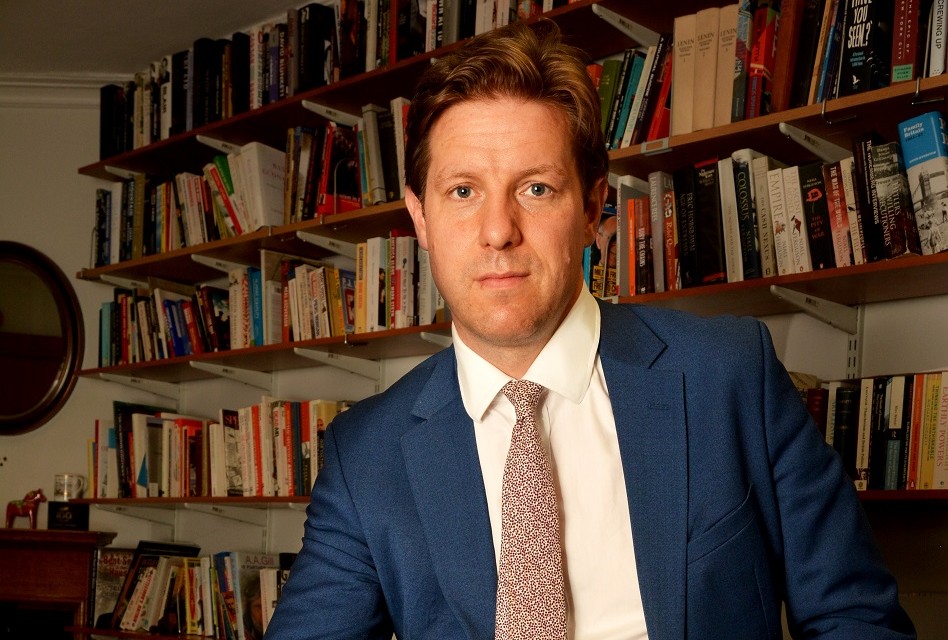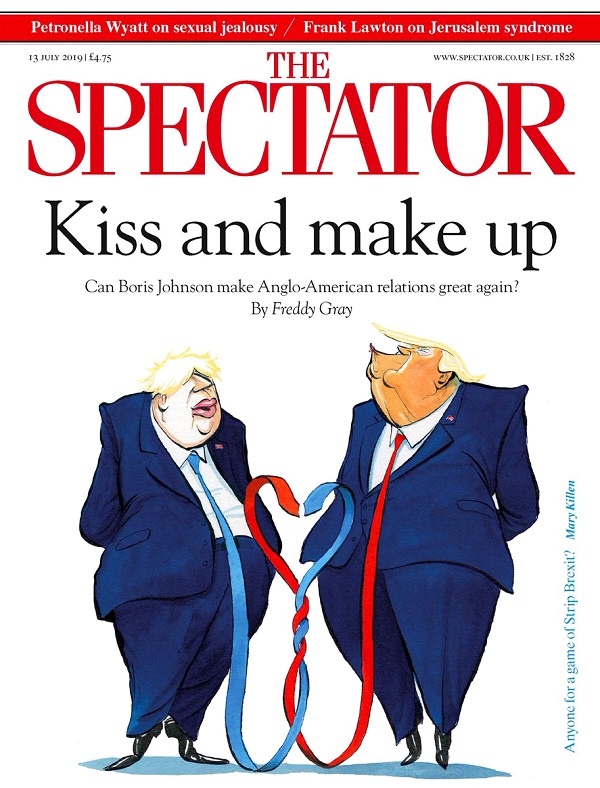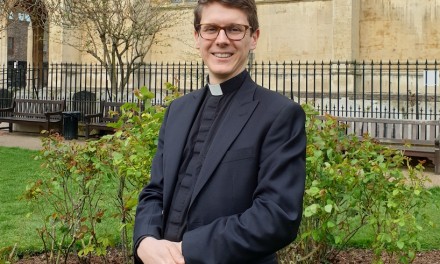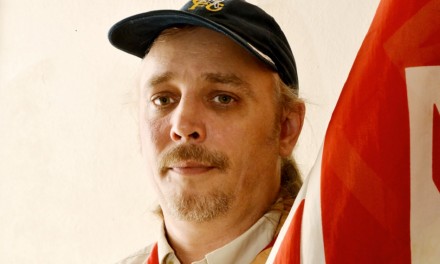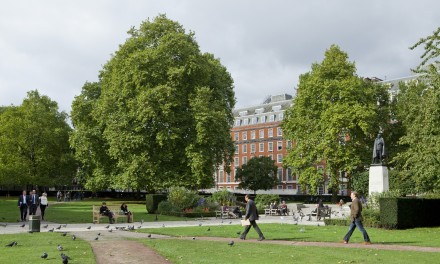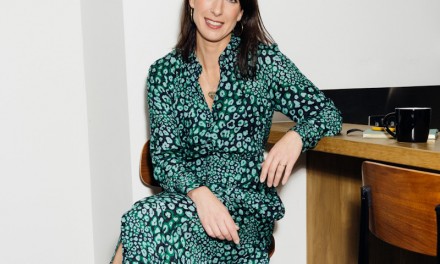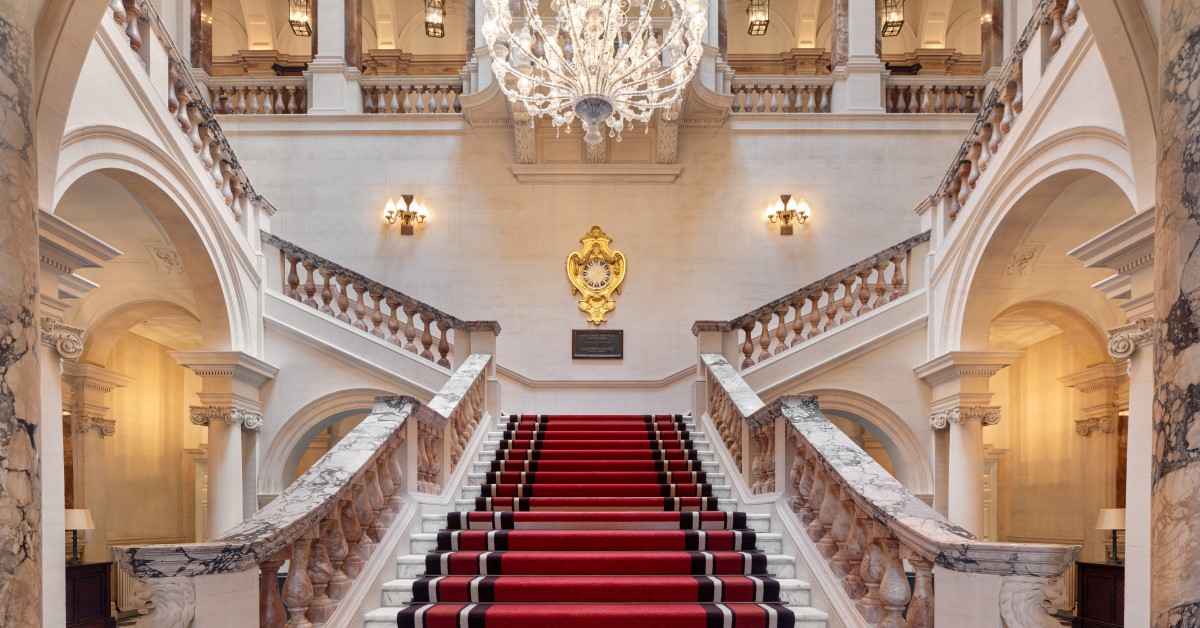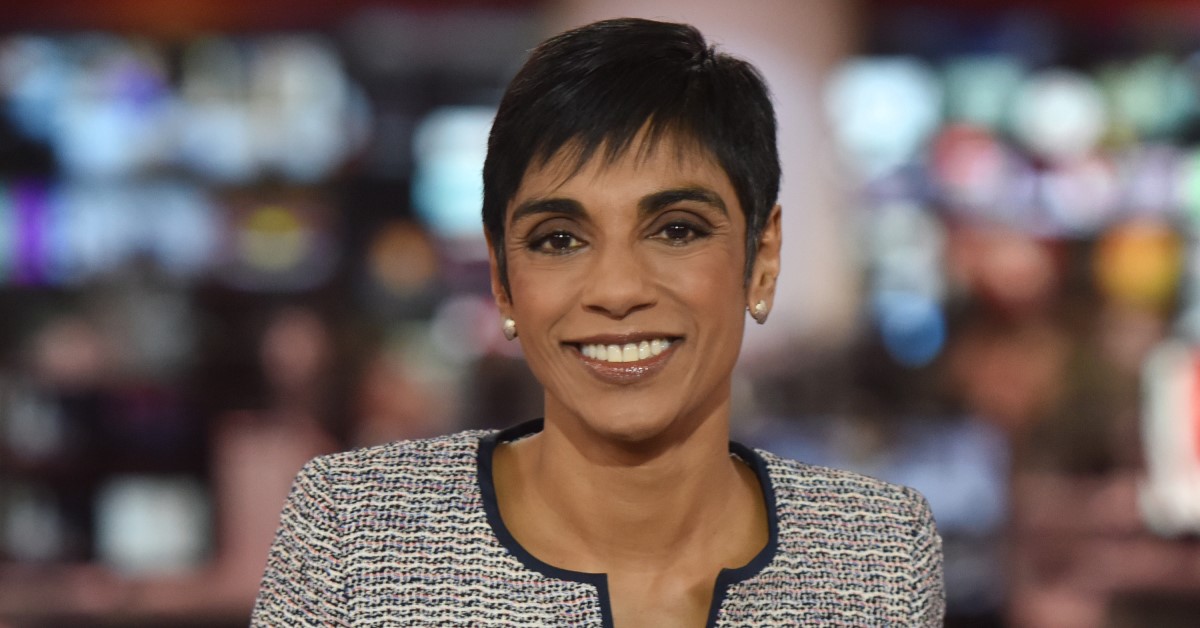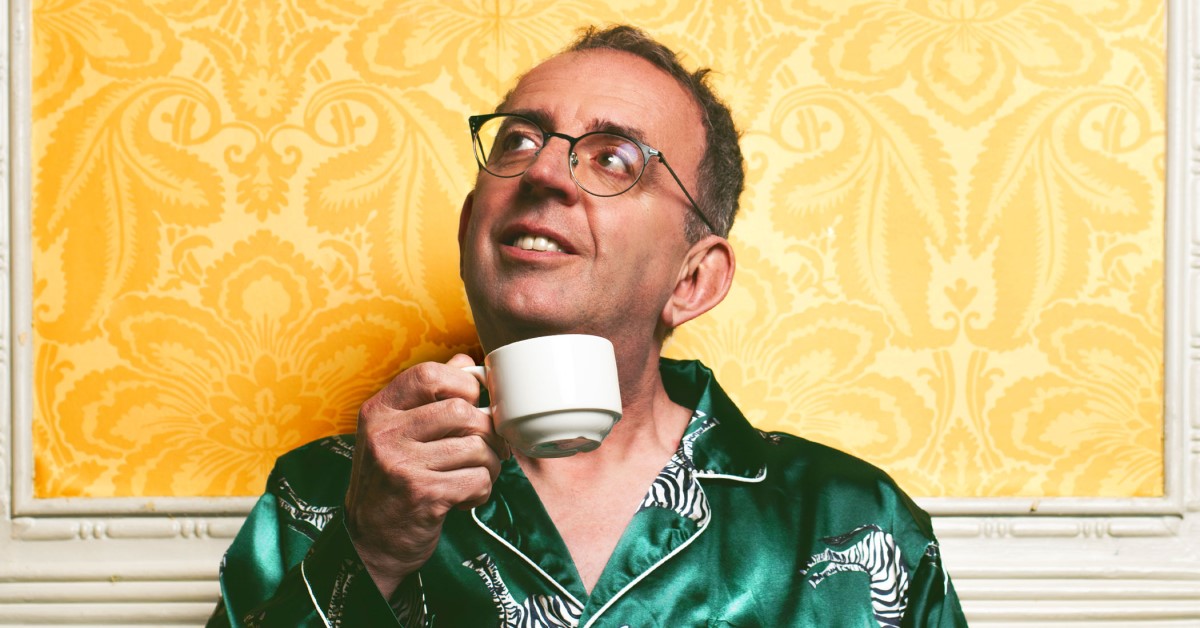Fraser Nelson, editor of The Spectator, has presided over a period of unprecedented growth at the magazine. By Corrie Bond-French.
Over a decade ago, Fraser Nelson took the reins at The Spectator, which at 192 years is the world's oldest weekly.
The esteemed, right-of-centre magazine has an ever-increasing audience. Recent figures indicate a further 43 per cent rise.
This makes it the fastest growing current affairs title in Europe.
Under Fraser’s tenure, the magazine has positively embraced the digital age. While other publications folded on the winds of change, The Spectator has survived into its third century.
And these may yet prove to be its salad days.
Fraser's soft Scottish burr will be familiar from sundry media appearances.
He also makes frequent attendances at the Commons Press Gallery to watch the cut and thrust on the floor of the House.
A native of Nairn, he is an ardent Europhile. As a student, he had a poster of the Channel Tunnel on his wall.
Game changer
“My parents never, and still don’t speak about politics. I’ve no idea how my parents voted, ever, and nor would I dream of asking them,” he says.
A chance party conversation with Andrew Neil proved the game-changer for Fraser’s career, when Andrew persuaded him to move from his role at The Times to work at The Scotsman before taking the helm at The Spectator.
“It doesn’t really feel like 10 years,” he says.
“The first few years were pretty tough because sales were going down and kept going down for a while.
“At the time it felt as if the industry was going downhill collectively and there wasn’t really any way of turning that around.
“But then the digital world came to give us various opportunities, introducing us to a new audience.
“We have brilliant writers, brilliant journalists, brilliant commissioning editors and a very strong ID.
“My role has been to protect and project that personality of the magazine at a time when there’s been a huge amount of interest in the political goings on,” he adds.
“We also managed to acquire, with James Forsyth, Katy Balls and Isabel Hardman, three political journalists we didn’t have 10 years ago. They've brought a whole new dimension that The Spectator’s never had before.”
Entertaining the reader
The magazine has never shied away from debate, with columnists as infamous as Rod Liddle and Taki.
Fraser is passionate about ensuring readers are entertained.
“We offer the widest spread of opinions of any publication. We offer arguments that you simply will not find in the newspapers,” he says.
“What has changed over the last 10 years is that with social media there’s a rise of this sort of digital outrage culture,” he adds.
Some people “love to take articles they don’t like, ideally a headline or a screengrab or a sentence out of context and then get outraged about it”, he says.
The Spectator does not censor its stories for fear of what these people will say.
“We only really care about our readers and they are a pretty tolerant bunch with a pretty low outrage threshold.”
Historic times?
So, as Boris and Brexit dominate the headlines, does Fraser think we will view it all as a slice of history?
“My suspicion is that we will look back and wonder what the f*** was it all about?”
“I really don’t think Brexit is going to make much difference one way or the other.
“It will be a time where a certain political establishment went into meltdown and a lot of people got worked up about something which nobody really cared about earlier on.
“Five years ago, it was a pretty unusual person who really thought that much about the EU. And now it’s supposed to be this great issue which sets us brother against brother and all the rest of it.
“I just think it’s a strange period of hyperventilation, not among the whole nation, but certainly the circles I mix in.
“What happened was that we had a political world and a political format, a sort of BlairCameron kind of sausage factory that eventually ran out of sausages.
“And it stopped producing politicians that people were interested in because time moves on.
“You had the crash, the waves of migration, you had people all of a sudden thinking that things like the nation state were more important to them than things like whether GDP might go up by an extra per cent.
“Our politics was stuck in this late 90s mindset and that’s what’s happening all over the world. In Europe it’s happening with populism.
“In America things got so bad that they elected Donald Trump,” he said.
“But in Britain we’ve got a very sensitive political system. We’re probably the most responsive democracy in the whole world.”
Never had it so good
But he is certain there's still lots to be positive about.
“This is nowhere near a national crisis. Look at the 70s, that was a national crisis. Look at the 50s and the era of the cold war, that was a national crisis.
“This is nothing, it’s really a pinprick, when you look at the things that Britain has been through.
“It’s a pinprick which is very sore at the point of the pin which is Westminster. Outside it there’s a whole bunch of people who are getting on with their lives quite happily.
“To be alive in Britain right now, to be raising a family here, there’s never been a better time to do it and there’s so much to look around and appreciate.”
The Spectator is now at 22 Old Queen Street, Westminster.
This article first appeared in Victoria magazine.
For other local stories, read the Around Victoria section of our website.

